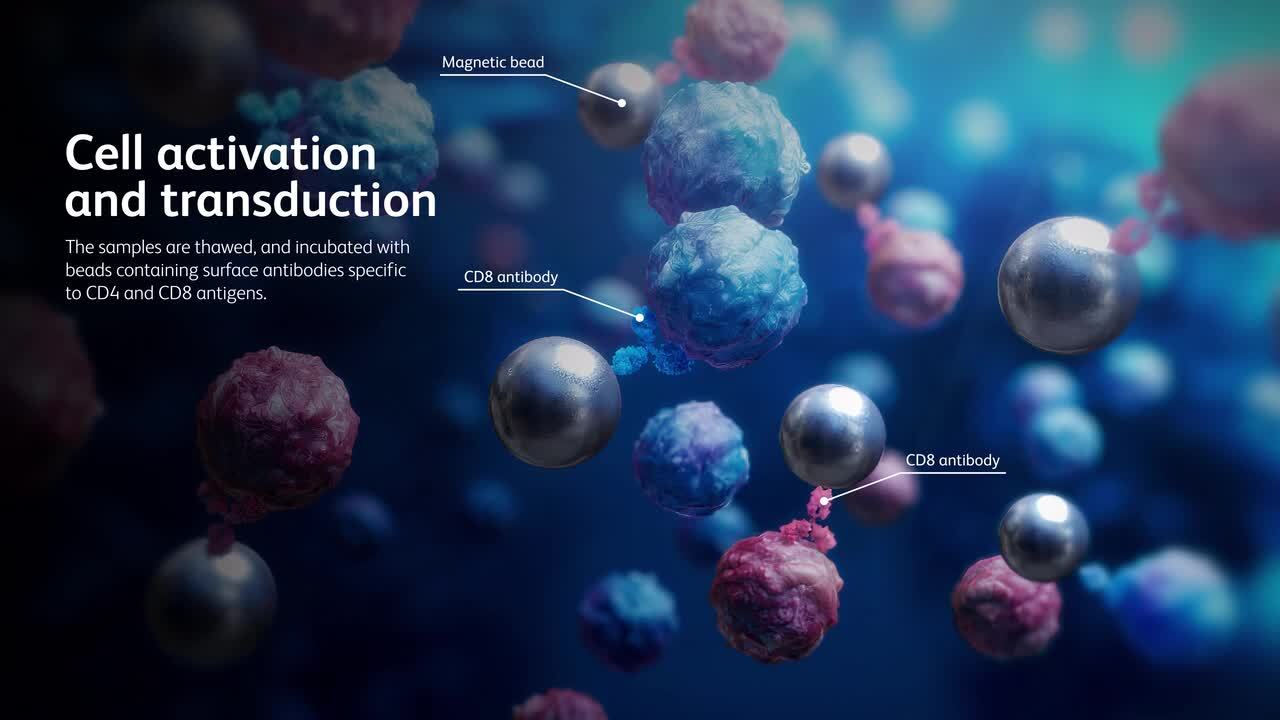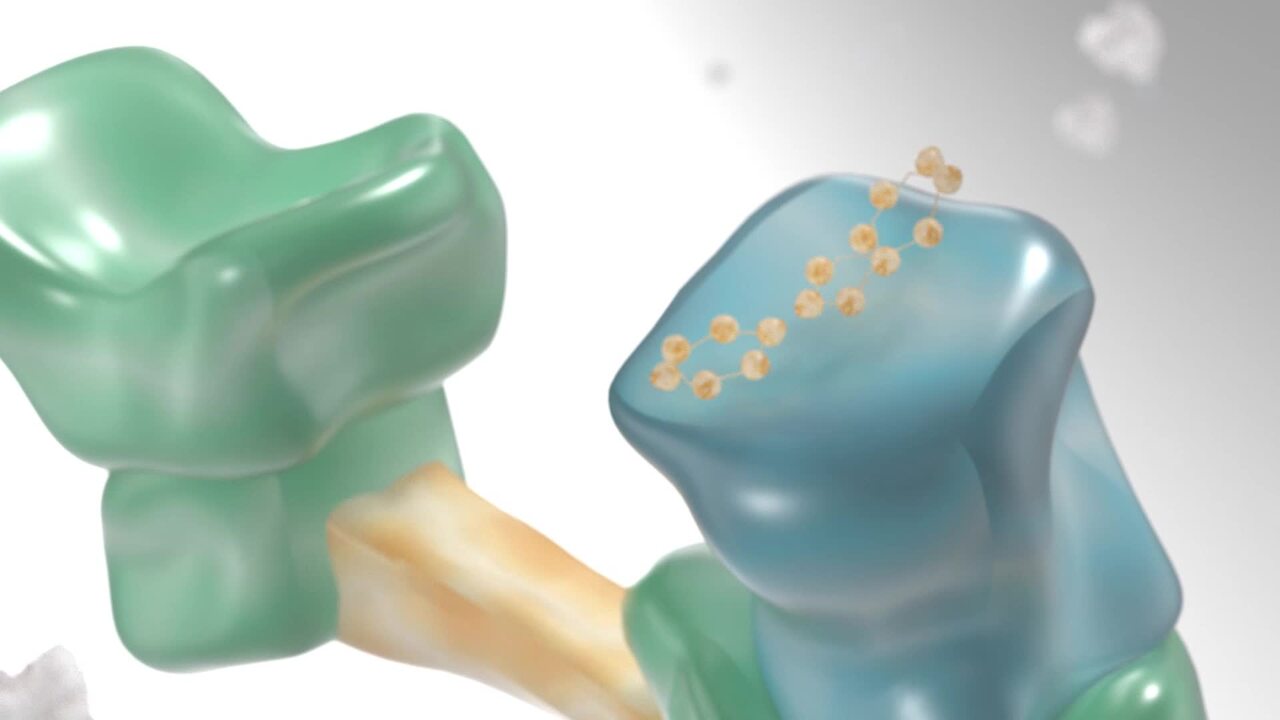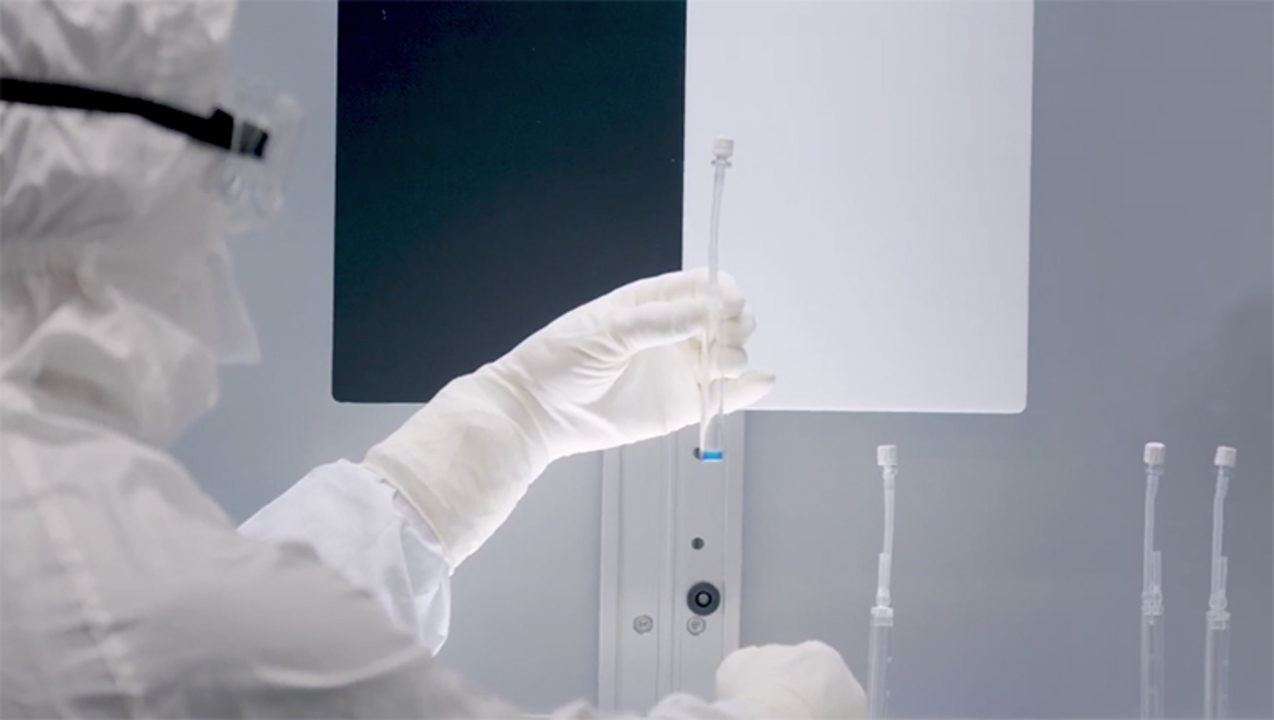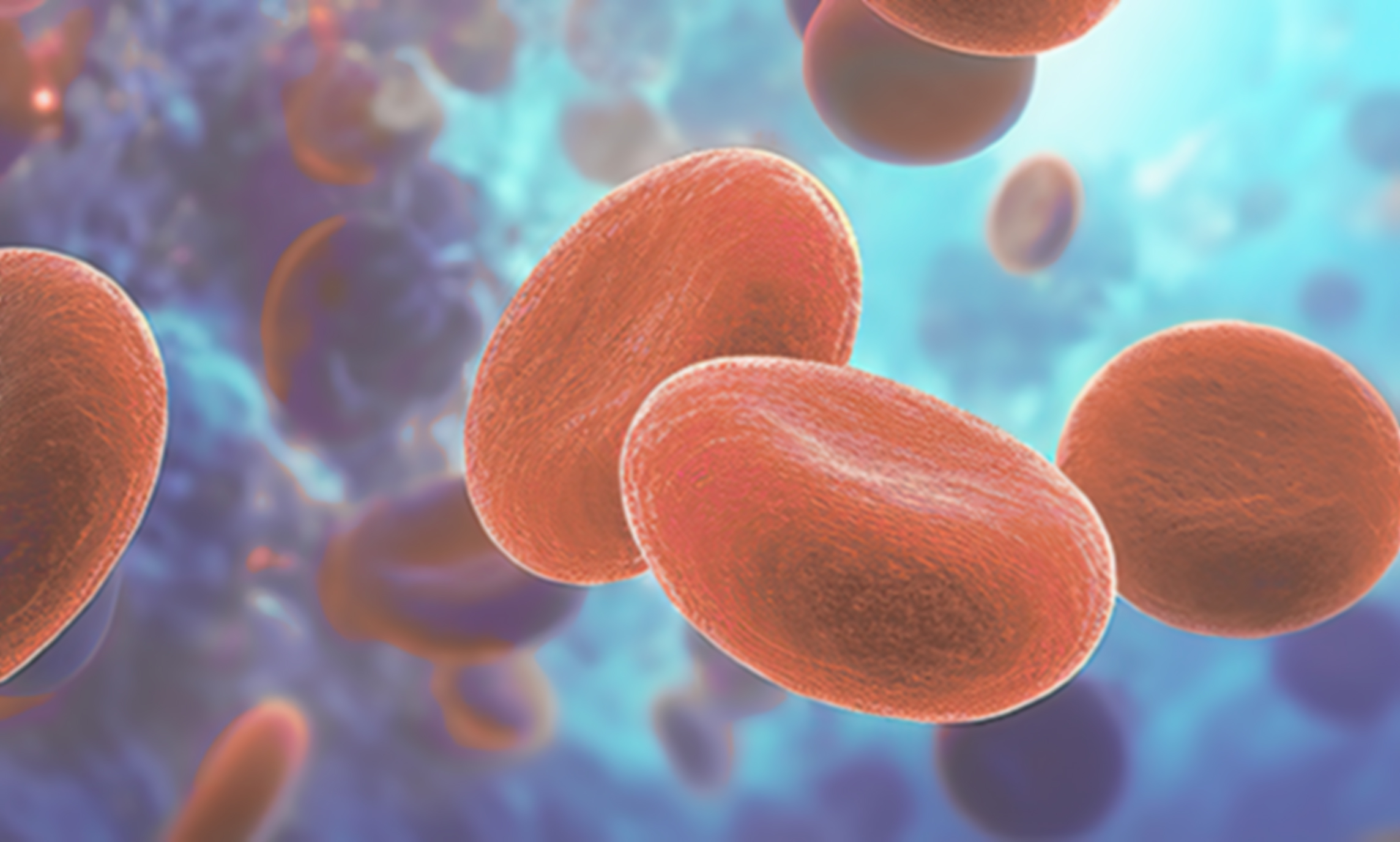
Recently added videos empowering the healthcare community
to make informed decisions about our medicines, enabling better outcomes for patients.
Quick access to additional BMS Hematology resources and related content.
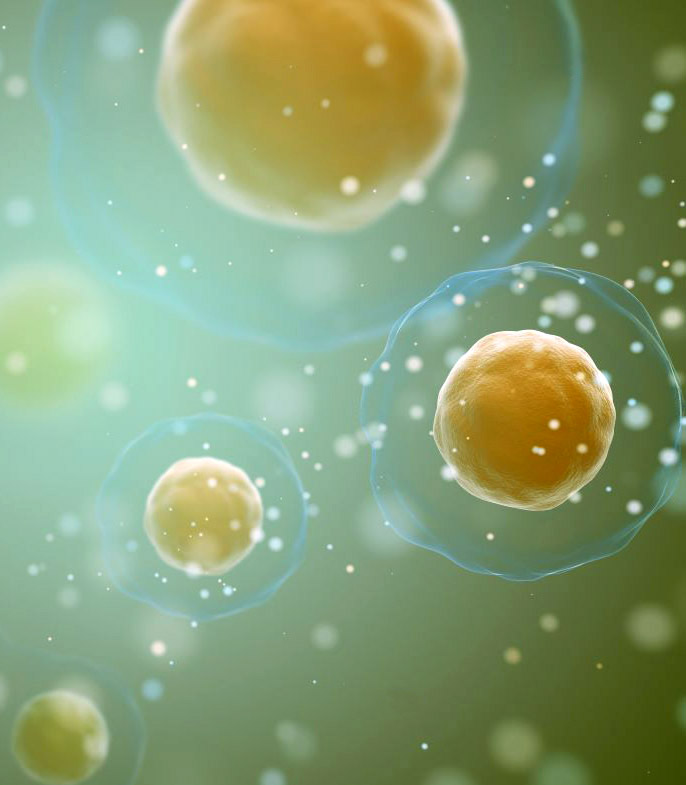
Novel cell-based therapies that use a person’s own cells are unlocking new potential in the fight against some of the most difficult-to-treat cancers. Cell therapy, which can consist of therapies made up of cells that are injected, implanted or grafted to treat disease, is one of several key areas of research at Bristol Myers Squibb. In particular, researchers are advancing the science of autologous chimeric antigen receptor (CAR) T cell therapy, a type of cancer immunotherapy where a patient’s own T cells are genetically engineered to recognize and bind to proteins found on the surface of certain cancer cells.
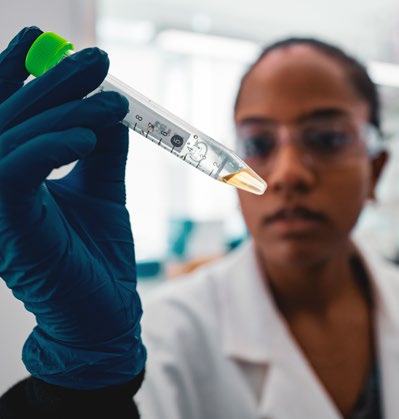
The discovery moment – a culmination of hope, of hard work, of complex teamwork – is quite hard to describe, says Bristol Myers Squibb’s Mark Rolfe, PhD, senior vice president, Oncogenesis Thematic Research Center. But the moment that you realize the potential of a compound? It’s those moments that keep our R&D team coming back to work.
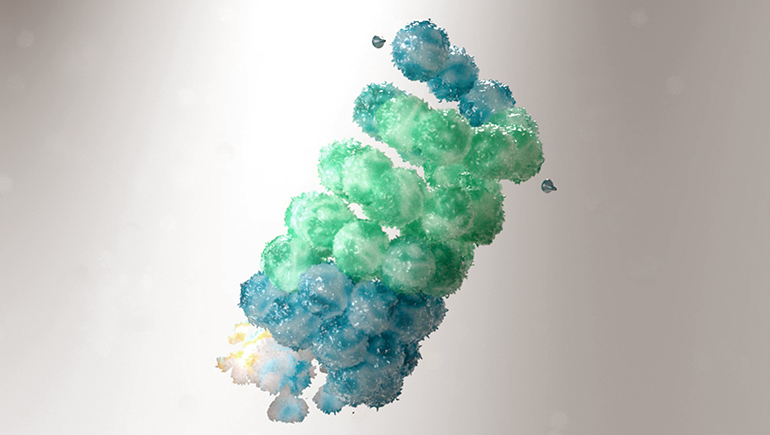
Protein degradation is the process by which proteins are naturally destroyed in a cell in order to maintain protein homeostasis, or an equilibrium of proteins in the human body. The body is constantly making and remaking proteins (creation), while also removing ones that have become inactive or mutated (degradation). When a cell is unable to degrade certain proteins, the proteins can accumulate, causing diseases like cancer. With targeted protein degradation, researchers are harnessing the cell’s own machinery to degrade several whole new classes of proteins that were previously considered “undruggable.”
Anemia is a hallmark of MDS, conferring heightened mortality risk and diminished quality of life.
Explore BMS sponsored clinical trials to enroll your patient in.

